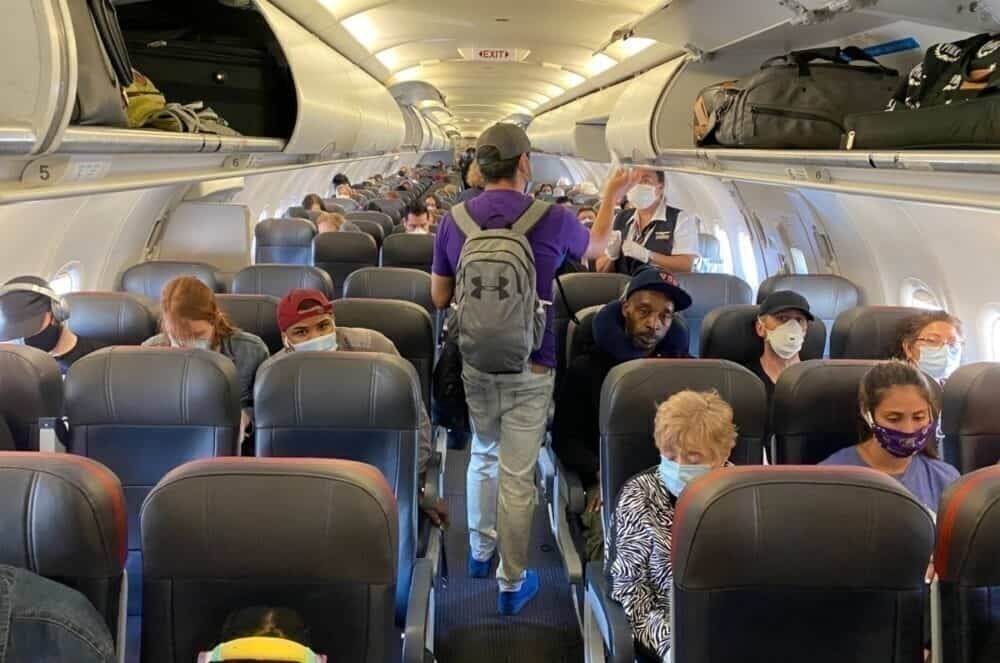
When booking a fare, some may have noticed a new subset of economy class fares called “basic economy.” While sitting on a plane, you might not see a difference between someone who purchased a regular economy class ticket versus a basic economy one; there are differences when it comes to selecting a fare. Here’s what you need to know.
What restrictions are on basic economy fares?
Basic economy fares are the most restricted coach class fares which come with the fewest perks. On most airlines, you will have to pay for seat selection and will not be able to receive complimentary upgrades– even if you are an elite member. For these fares, you will either have to pay ahead of time or wait until check-in to receive your seat selection.
Also, depending on your airline, your baggage allowance may differ. While some international journeys allow for a free checked bag or carry-on bag, you may have to pay a substantial fee to check your bag. The amount per bag differs from one carrier to another. As for carry-on bags, it also varies from carrier to carrier. In the US, Delta, American, JetBlue, Alaska, and Hawaiian all allow you to take a carry-on bag on a basic economy fare. On United, that is limited to a personal item. Southwest does not offer basic economy.

As for changes, usually, airlines will not allow changes or refunds. This is waived in cases where an airline cancels a flight or larger, extenuating circumstances where an airline has allowed for free changes to all tickets.
Basic economy passengers generally will board last, meaning less overhead bin space may be available, leading to your bag being checked at the gate.
For elite members, you may also receive fewer miles or elite mileage credit for flying in basic economy.

When does basic economy make sense?
There are plenty of circumstances where booking a basic economy fare would make sense. This is especially true for nonstop routes on aircraft with no middle seats. This will ensure that you won’t end up in a less than ideal setting.
Furthermore, if your travel plans are concrete and you don’t need any flexibility, then the no changes policy may play out in your favor by helping you save on cash. Plus, if you are traveling alone or with someone and do not mind being separated from each other on a flight (although, sometimes, you may find friendly gate agents who will assign you seats together), then it could be a good deal for you.

What about low-cost carriers?
Low-cost carriers operate on a totally different fare structure. For most airlines, you will have a base fare that is sold to all passengers. From here, passengers can purchase add-ons ranging from checked bags to priority boarding and more. These airlines typically only allow a small personal item that fits underneath the seat in front of you.
Are you a fan of basic economy tickets? Why or why not? Let us know in the comments!